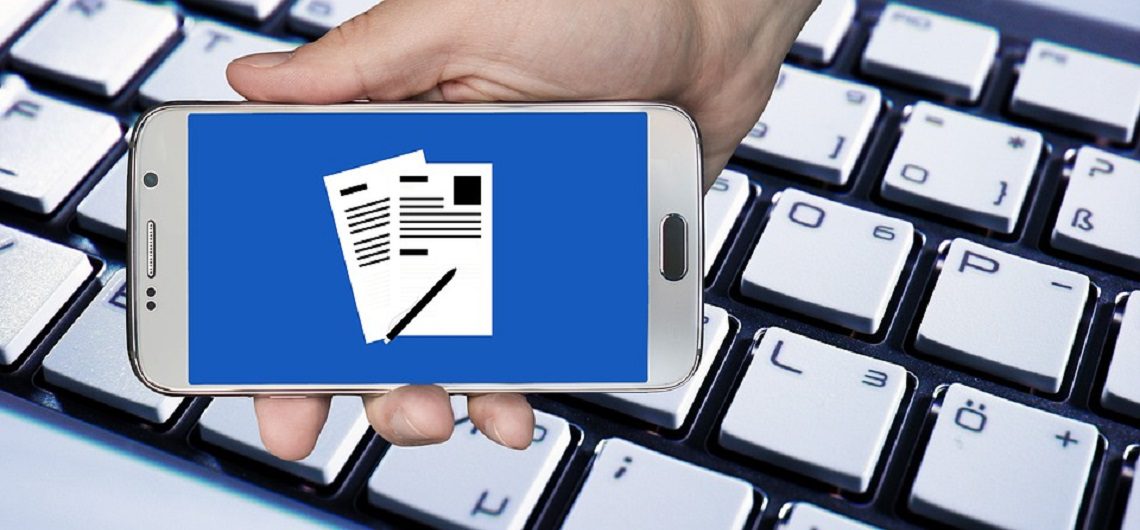by David Barrett, Chief Commercial Officer of global assessment specialist cut-e.
In psychometric assessment, mobile delivery has become the number one priority. Today’s employers increasingly want to allow applicants to take assessments via their phones, particularly in high volume recruitment situations.
This shift to mobile assessment is being driven by the expectations of job seekers. Candidates not only want to research and find jobs on their phones, they want to apply for them as well without changing their device.
It’s easy to imagine that the same assessments can be used across desktops, laptops and mobile devices. In reality, the shift to mobile assessment is as dramatic as the change from paper-based to online testing. It’s a completely different medium. You simply can’t run an assessment on a phone and expect it to work in the same way as it does on a laptop.
This means that there’s a big distinction between assessments that are mobile-enabled (they can play on a mobile device) and mobile-first (tests which have been purpose-built for mobile devices). A test might play on a smartphone but if it is not optimised for that format, it will penalise candidates because they won’t be given the same testing experience that they’d get on a laptop or desktop computer. On the other hand, a mobile-first test will consistently predict job performance – regardless of whether candidates complete them on a desktop, laptop, tablet or smartphone – because the same test experience is provided on every device.
To give your candidates a fair chance to succeed, your assessment process has to be a level playing field. So, your candidates should only be allowed to take assessments on devices that will provide comparable results. The quality or responsiveness of their device should have no impact on their final test result.
Designing assessments to meet this need is a significant challenge. It’s a delicate balance to create an aesthetic candidate experience on a phone, that doesn’t compromise basic testing principles. There are many variables, such as different sizes of screen, choices of orientation that affect the display of text and different ways to navigate and ‘swipe’ the screen. Smartphones are also developing rapidly. We can assume that PCs will be relatively similar in a year’s time. But with phones, who knows? The trend to smaller phones has been reversed and larger ones are more likely to be prevalent in the future. It’s difficult to develop visually-appealing and interactive assessments for a device when you can’t confidently predict exactly what that device will look like in the short-term future.
Another challenge with mobile assessment is the duration of each test. Nobody wants to complete a long task on their phone. Mobile assessments therefore need to be three-five minutes, to prevent candidates from dropping out of the selection process. Yet, the tests still need to be psychometrically-valid and they have to feel relevant and appropriate to candidates.
Candidate-centric design
The drive to mobile assessment will force traditional personality questionnaires, which involve a list of set statements, to become more candidate-centric. You can’t expect candidates to undertake a 25-minute assessment on their phone. Instead, interactive situational judgement simulations will assess the specific personality traits that are required in each role. These may be supplemented with data-driven video assessments that provide a customised interview experience focusing on the requirements of the role.
To survive, every employer needs to attract and recruit young people – and phones are their preferred device. Assessing your candidates via their phones is the logical answer. However, recruiters must ensure that their assessments have been purpose-built for phones and rigorously trialled across different devices. The assessments also need to be short, objective, fair and indicative of the everyday situations that candidates will experience in the workplace. Finally, mobile-first assessments should deliver an extraordinary candidate experience that communicates the values of the organisation and fits the employer brand. Get all of that right and you’ll be well-placed to achieve your recruitment goals.












































